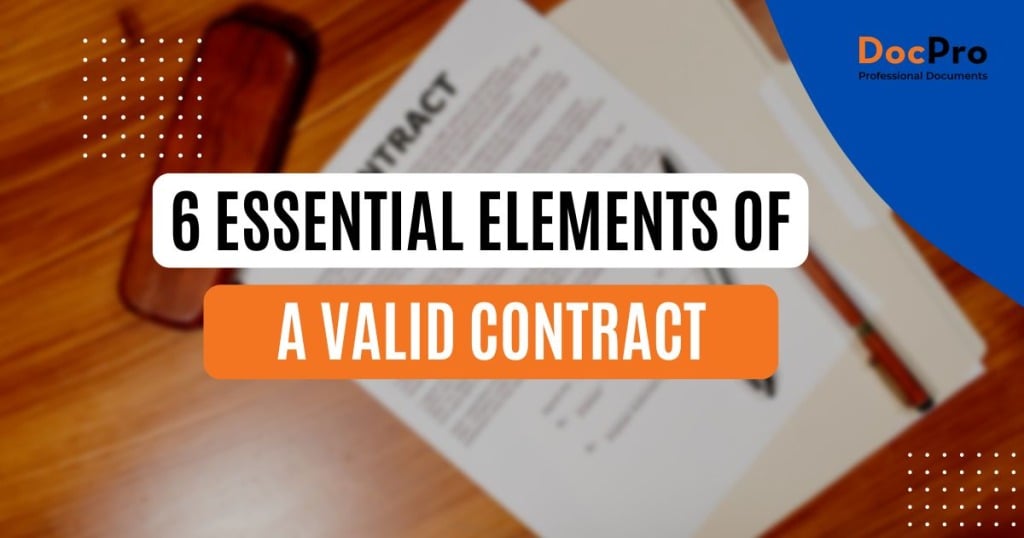Shareholders Agreement


A company is the most common form of business structure to house an ongoing business. Corporate entities exist in most countries. Structuring your business as a 'company' offers advantages such as identity; limited liability; more opportunities for financing; continuity in the event of transfers; flexibility of share rights; established laws. Structuring as a 'company' also poses some disadvantages: there are additional publicity, formality, and compliance requirements.
The most common form of company is a 'company limited by shares (usually, a private company, or its equivalent in the relevant jurisdiction, unless a subsequent public offering of shares is completed).
Shareholders’ disputes are one of the most common causes of business failures. A Shareholders' Agreement is the best way to avoid disputes and offer legal protection for shareholders. A Shareholders' Agreement is concluded between the shareholders of a company to (i) define their respective rights and responsibilities, and (ii) organise the management of the said company. It allows shareholders to incorporate express contractual provisions addressing key management issues above and beyond those afforded by statute and corporate law but is not intended to govern the day-to-day operations of a business.
The following table is a quick reference guide to the documents available on DocPro:
|
Documents |
When to Use |
|
Shareholders Agreement - Equal Shareholdings |
A Shareholders' Agreement is suitable for the set up of a relatively simple joint venture - a company with equal shareholding. This shareholders' agreement is drafted for 2-5 parties and can be in Neutral, Strict, or Loose Form. |
|
Shareholders Agreement - Unequal Shareholdings |
A Shareholders' Agreement to be entered into upon completion or establishment of the Joint Venture Company with standard clauses for minority protection. This shareholders' agreement is drafted for 2-5 parties and can be in Neutral Form, or in favour of the Majority / Minority Shareholder. |
|
Parental Guarantee to other parties in relation to Shareholders Agreement |
In relation to a Joint Venture / Shareholders Agreement, a guarantee is given by a party's parent to the other shareholders for the party's obligations. |
A well-drafted Shareholders' Agreement should allow the minority shareholder to:
A minority shareholder will often seek the right to appoint a director to the board of the Company. A Shareholders' Agreement should ensure that, although the board may not be involved in day-to-day operations, the minority shareholder is kept fully informed about the Company's business through its appointed director and that it has a voice in board discussions. In the case of a multi-party joint venture, the formula may be that a number of minority shareholders (perhaps aggregating not less than a certain percent of the voting share capital) should, collectively, be entitled to appoint a director. A minority shareholder should consider whether certain additional protections are appropriate in order to ensure that its right to participate in management is not circumvented:
In practice, much will continue to depend on the spirit of the joint venture relationship to ensure appropriate participation by a minority shareholder.
A minority shareholder may wish to have a right of veto over certain major decisions by the Company under the Shareholders' Agreement, such as:
It is necessary to decide whether these matters should be entrenched at the board or shareholder level. Should the unanimous approval or super-majority vote be required of the directors or of the shareholders of the Company? It may be appropriate that decisions on these major matters should be reserved for the parties at the shareholder level with more operational matters being left to the board level. In smaller ventures, decisions at the board level will often amount to the same thing and be sufficient. It may not be appropriate for each minority shareholder to have a separate right of veto. In joint ventures where there are a number of joint venture parties, it is common for certain matters to require the approval of a "super majority" of the shareholders (normally 75% to 90% rather than unanimity).
A minority shareholder will wish to ensure that its equity stake in the Company will not be diluted by alterations to the share capital of the Company through the Shareholders' Agreement, including:
Some of the common protections against dilution included in Shareholders' Agreements include:
Another protection to preserve a minority shareholder's equity stake is for it to retain an option to ensure - possibly for a specified period - that it can buy back its full equity stake by subsequently acquiring from the majority shareholder sufficient shares, at the current full market or fair value, to take the minority shareholder's stake back to an agreed percentage level.
The board of directors of a Company will declare dividends and the amount of each dividend distribution. A minority shareholder may wish to ensure that an agreed distribution policy is established under the Shareholders' Agreement at the outset - and, in some ventures, to ensure that profits cannot be diverted in a discriminatory manner to the majority shareholder. The following may be outlined in the Shareholders' Agreement:
Another approach is to require that the dividend policy should be dealt with in the annual business plan if the minority shareholder has rights of approval over the annual adoption of that plan.
A minority shareholder's rights to information regarding the Company's affairs are limited under Common law. Apart from the right to receive the annual audited accounts, a shareholder has no statutory right to inspect the accounting records of the company nor, as a shareholder, a right to inspect the minutes of board meetings. A minority shareholder should consider seeking the following under the Shareholders' Agreement:
A minority shareholder can find itself locked in the Company without any effective exit route. The following are possible protective provisions to include in the Shareholders' Agreement to enable an exit for a minority shareholder:
The structure of the Company may lead and indeed be designed to lead, to the ability of the majority shareholder to exercise rights that assist its own tax planning. Examples could include arrangements (between the Company and its shareholders) concerning the use of group relief or consortium relief. In most cases, the cooperation of the Company itself will be required before any of these rights can be exercised. The minority shareholder should ensure that these rights cannot be exercised to the prejudice of the Company (and indirectly the minority shareholder) and that provision is made, in the Shareholders' Agreement, for proper payment to the Company by the majority shareholder for any benefit obtained by it.
If the minority shareholder considers that the majority shareholder or any of its directors is in breach of any obligation to the Company (including, for example, breach of other ancillary contracts or breach of warranty under any asset transfer agreement at the time of forming the Company), the minority shareholder needs to ensure that the Company's right of claim cannot simply be blocked by the majority under the Shareholders' Agreement. Common solutions are:
Other possible protections which a minority shareholder may seek in a Shareholders' Agreement include undertakings that the majority shareholder will ensure that:
Once the protections for the minority shareholder have been agreed upon, the next question is whether they should be set out in the Shareholders' Agreement or in the Company's Articles of Association or both. The answer will depend on a mixture of practice, drafting style, practitioner preference, and legal considerations.
Class rights include any rights conferred on a particular class of shares in contrast to one or more other classes. They may also, importantly in the joint venture context, include rights conferred on a shareholder by name under the company's articles even though they are not attached to a particular class of shares identified as such. Company law generally includes certain protections for the members of a class against any change in the rights attached to shares of that class.
An alternative approach, in circumstances where it is considered not appropriate to establish class rights, is for a minority shareholder to protect its position by having "weighted voting rights" on particular matters. This method has been used to ensure that a minority shareholder's appointee as a director cannot be removed by the majority shareholders. This appears to be a technique capable of general application to entrench the rights of a shareholder under Common law.

16 Sep 2021
4 min read

19 Mar 2021
5 min read

16 Oct 2020
9 min read

27 Aug 2020
8 min read

23 Jul 2020
8 min read

12 Jun 2020
9 min read

1 Mar 2020
11 min read

10 Dec 2019
8 min read






Not the right document?
Don’t worry, we have thousands of documents for you to choose from: